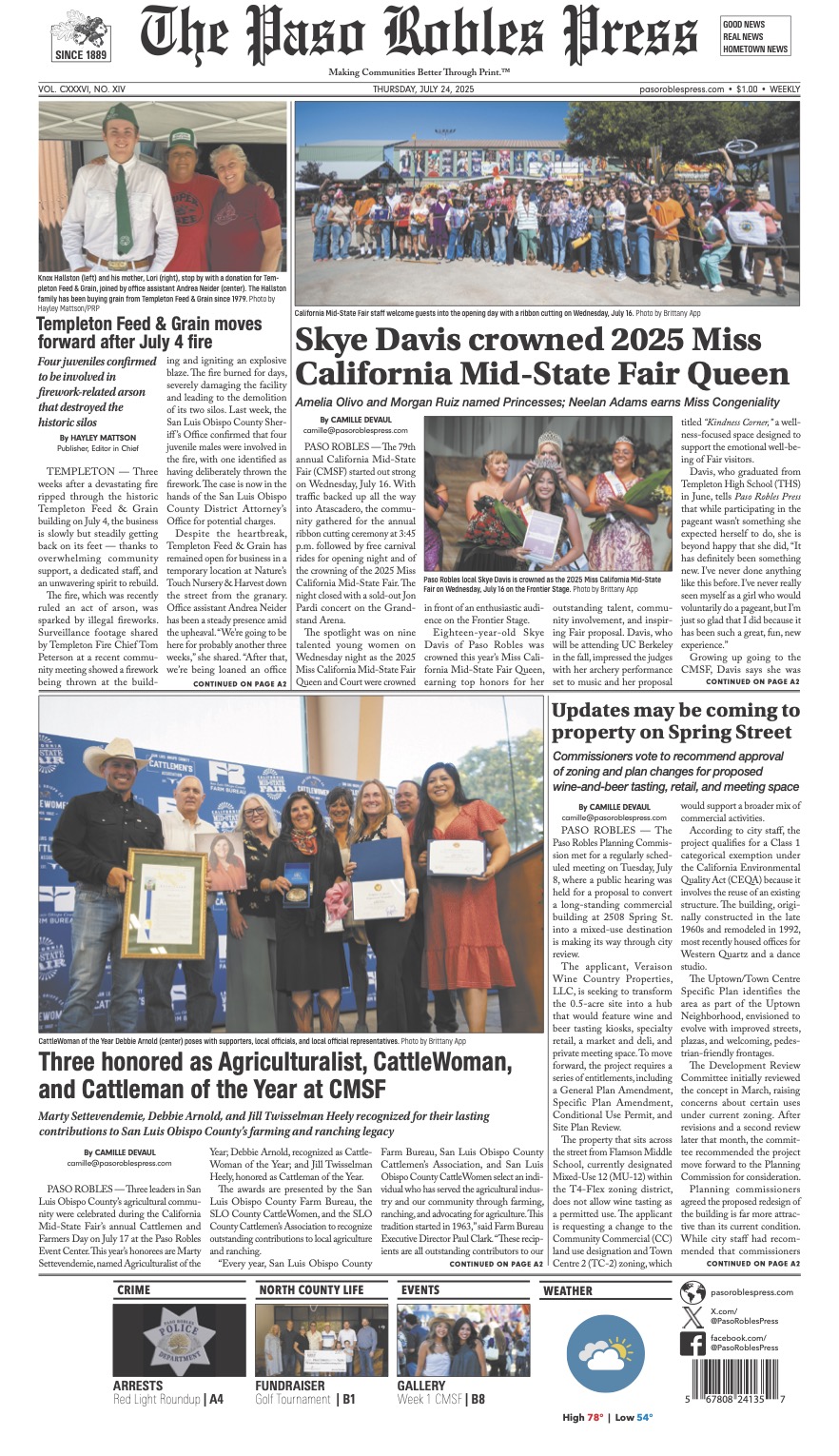By Daniel Rich
Unsolicited telephone calls are a common source of fraud or a scam. The caller will most frequently offer to give you car, home, life insurance, or burial insurance plan quotes. I have researched these and have uniformly found these quotes to be higher than what I am currently paying.
Some callers will tell you that you have won a free or low-cost vacation trip, usually with a choice of dozens of locations. These are outright scams and even more inappropriate now with COVID-19 travel restrictions.
Other callers will tell you that you have won a free medical alert system or a free home security system. What they will not tell you is that there is a monthly service charge.
You may receive a call from someone claiming to be from the IRS claiming that you owe taxes and that if you don’t send them an immediate payment using gift cards, they will contact the police. The IRS does not conduct business by telephone, and additionally, they do not threaten you with police action.
A caller may advise you that because you are a reliable taxpayer, the government will give you a grant, typically $40,000. All you have to do is send in $200 worth of gift cards! Totally bogus, of course!
You may be told that the caller is investigating bank fraud and that they will get a large sum of money, but to show good faith, you need to send money. Don’t fall for that nonsense.
Offers to sell you an automotive extended warranty is another scam. Consumer experts recommend against purchasing extended warranties, especially for cars.
Someone claiming to be a computer technician will claim that they have detected errors on your computer. Typically they want you to download a link that gives
them control of your computer. Once this is done, they can give you malware or a virus. Never let anyone you don’t know take control of your computer. It is always bogus that they have detected errors on your computer. Don’t fall for it.
One devious attempt to defraud is when a caller claims to be a relative, usually a grandchild, who is in jail and needs to be bailed out. Unfortunately, these bogus calls can be very convincing.
Another scam is a caller claiming that you have missed jury service and will be jailed if you don’t send gift cards. Of course, this is bogus!
Perhaps the most common email scams are known as phishing. The sender claims to be from a company like Apple or Amazon and demands current identifying information, with the threat that if you don’t supply it, your account will be closed. Never click on any links in this type of email. Also, carefully check the return email address. It will not exactly match the legitimate address.
Banks and companies such as Apple will not ask for
email account information verification. However, note that you can always contact the customer service representative of the company in question.
Never share your personal information, such as Social Security, driver’s license, or passport identification numbers. Also, never share your personal banking information, such as account or routing numbers.
You may receive an email telling you that the United Nations, the International Money Fund, or a Nigerian bank wants to give you millions of dollars. In return, they demand an advance payment fee, which may be a small amount or sometimes it may be several thousand dollars. Any fee request is a bogus red flag.
Other scams are the claim that you have won a lottery, such as a BMW lottery. In addition, they may claim that even if you did not enter a lottery, your email address was selected.
They typically want advance payment fees of thousands of dollars. All these lottery claims are bogus. You can not win a lottery that you did not enter, and to enter their lottery, you have to be a resident of that country.
Also, bogus is the scam where someone claims to be a lottery winner and wants to share their good fortune with you.
Then there is the person dying of cancer who wants to share their millions with you before they die. Of course, these emails are always bogus.
Some scammers, especially those pretending to be from the government, can be very aggressive and intimidating. They may even threaten you with jail if you do not share personal information, like Social Security numbers. Do not let them intimidate you. Additionally, never send them money using gift cards — that is never legitimate.
Remember that if it seems too good to be true, then it likely is not true!
Daniel Rich is an independent columnist, retired therapist, and Veteran, having served in the Signal Corp in Germany as part of the US Occupation Forces. You can reach him by email at djrich9133@sbcglobal.net.














